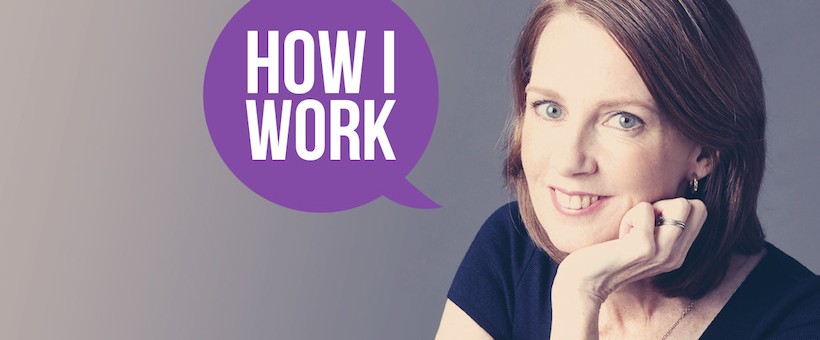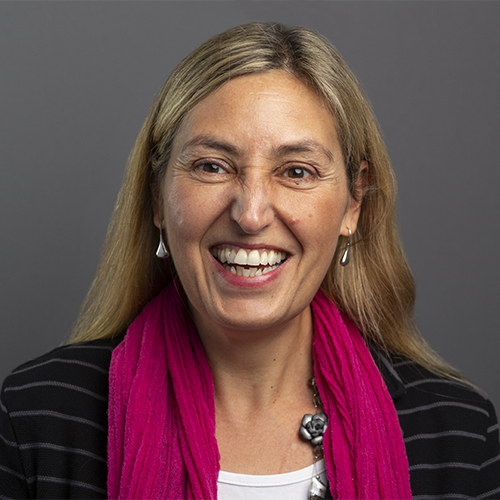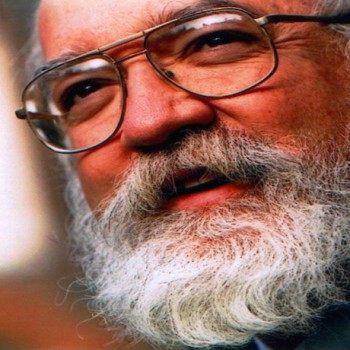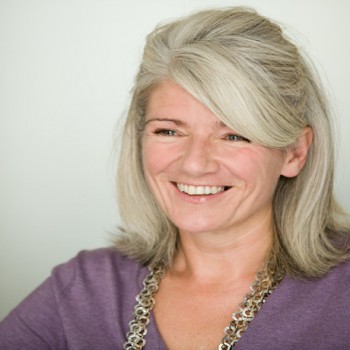
Gretchen Rubin: Change Your Habits, Change Your Life
- Posted by Liz Gooster
- 0 Comments
- accountability, goals, Gretchen Rubin, habits, happiness, productivity
Do you make your bed in the morning? If you do, that’s good. If you don’t – yet – starting to do so could make a drastic difference to your clarity of mind. Sounds trivial, and yet in her extensive research into the habits that work for us, and against us, Gretchen Rubin, author of bestselling The Happiness Project and now the new book, Better Than Before, has found that there is significant truth behind the notion that outer order contributes to inner calm. And what about those people who make their hotel bed on the day they checkout? Well, that’s a whole other category …
In a sparky talk for the How To Academy, Rubin depicted habits enchantingly as ‘the invisible architecture of everyday life’. The beauty of habits is that, once embedded, they are energising and freeing because they remove the energy-draining need to constantly choose what to do: you decide once and then you stop deciding. So if you decide to give up caffeine (‘why would you?’ squeaks my coffee-loving self), you don’t have to choose every time you go into a coffee bar whether to go for decaf or full on, hardcore caffeinated, because you’ve decided in advance. Elegantly simple.
And yet, as Rubin acknowledges, it’s not always that easy. Some people (those Rubin calls Abstainers) are ‘all or nothing’ in inclination, so if they give up caffeine, they don’t have any at all. Others, Rubin’s Moderators, might ‘cut down’ on caffeine, so their coffee bar decision might not be so straightforward: maybe they’ll have one caffeine-packed coffee a day, or three on every second Tuesday, or whatever. So the key is to identify whether you’re more of a Moderator or an Abstainer and seek to develop habits accordingly: it’s more difficult for someone with an Abstainer inclination to have ‘just a few drinks’ than to have none at all and for a Moderator, the idea of not being able to have the odd glass of wine every now and again might be so off-putting as to prevent them being able to make any changes to their alcohol consumption patterns.
The point is, that because people are different, there isn’t a one size fits all strategy for making and breaking habits. In fact, there are 21 – which might sound overwhelming, but in fact it means that in this pot pourri of options, there is bound to be something that suits everyone. Rubin jokes that ‘there are two kinds of people, those who divide people into two kinds of people, and those who don’t’. She is definitely the former kind. In fact, here she went one (two?) better and divided people into four types in terms of their tendencies around meeting expectations:
- Upholders – it’s important for this group to meet both external (ie other people’s) expectations and internal commitments (ie their own)
- Questioners – will only meet expectations, of whatever kind, if it makes sense to them. They will often need lots of information and justification before something gains the internal endorsement that means they will actually do something, so they often need to ask a lot of questions
- Obligers – are committed to meeting external expectations yet often struggle to meet their internal aspirations
- Rebels – resist all expectations and are motivated instead by choice and freedom. If they’re expected to do something, they’re less likely to do it
The purpose of this classification is to help us recognise how we tend to operate and create counterbalances to mitigate our potentially habit-destroying pitfalls. Obligers, for instance (of which I admit I am one), can benefit from systems of external accountability to help them meet internal goals. So an obliger who wants to read more might join a book group, for example, the rationale being that they’re more likely to read a book they’ve agreed to read to discuss with others than to read it purely for their own enjoyment. There is a quiz on Rubin’s website to help identify which of the four tendencies you might lean towards. The bigger point is to know yourself and to use that knowledge to shape habits that are true for you, and that enrich and enhance your life. Sounds like a good habit to get into! Now, didn’t I need to do something for somebody …
If you liked this, you might like:
- Gretchen Rubin’s TEDx talk on Five Half Truths of Happiness
- This New York Times review of Better Than Before
- Some of my other blog posts reviewing books on productivity: Oliver Burkeman’s Help: How to be slightly happier and get a bit more done; Dave Allan’s classic Getting Things Done: The art of stress-free productivity; and my favourite so far, Brian Tracy’s Eat That Frog: 21 ways to stop procrastinating and get more done in less time.

I like to describe myself as happily ‘At Large’ in an independent portfolio career, balancing coaching, leadership development, coach training and being a mum to my young daughter. Positive psychology is a big influence on my work and I’ve recently gained an MSc in Applied Positive Psychology & Coaching Psychology from the University of East London. My interests include reading, writing, travel, yoga, Zumba, coffee and wine! Connect with me on LinkedIn and sign up for my newsletter, Positive Intentions.



0 Comments